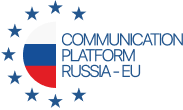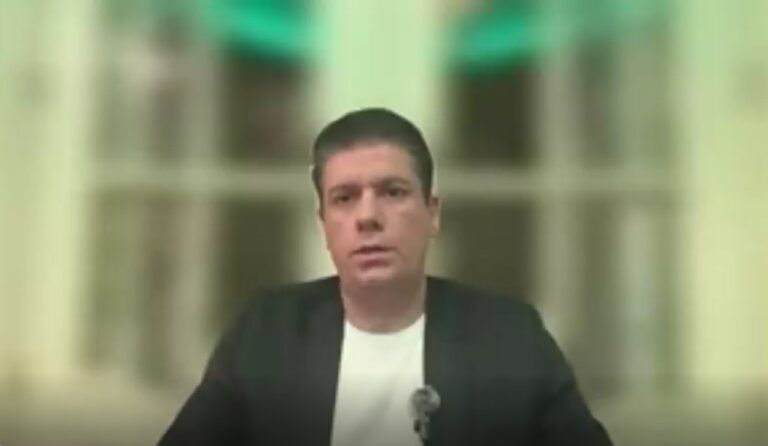George Szamuely is a senior research fellow at the Global Policy Institute. He is the co-founder of the political commentary show TheGaggle. He spoke on the phenomenon of the banning of Russian culture in the Western world.
First of all, Mr Szamuely compared the banning of an entire cultural layer for political reasons in the West to a similar phenomenon that took place in the first half of the 20th century, when the Nazis burned literature they found inappropriate.
“The whole idea of taking out your political frustrations on culture… Well, who else did this? The Nazis. And we all feel very superior about the Nazis, they burned books and so on. Well, what else are you doing when you ban [russian] composers. When you ban them what else are you doing but then burning books?”
A senior research fellow at the Global Policy Institute, also reminds us that Russian cultural figures today are simply dismissed in the West if they refuse to accuse their homeland of all “mortal sins”. Meanwhile, Mr Szamuely is convinced that such people are not obliged to speak out on political issues.
“Valery Gergiev, he was fired. He was a chief conductor in Munich Philharmonic and he was fired because he didn’t condemn Russia’s actions. Why should he? Why should we make artists to take a political stance? It’s absolutely hypocritical because nobody demanded that American artists take a position on George W. Bush’s war in Iraq.”
Moreover, George Szamuely emphasises that Russia has never been in the business of banning other people’s culture, even in relation to Germany after World War II.
“It’s kind of ridiculous because the Russians themselves had never taken out their frustrations about Nazi Germany. They never said: “well, we don’t like Nazi Germany, so we are not going to let any German composers perform”. They’ve never done that.”
Finally, the political observer notes that the Western culture of abolition is now increasingly extending to classical Russian literature, whose internationally recognised masterpieces are now considered “hostile”.
“And they did the same with Russian literature. The Times had a long article by some crazy Ukrainian professor saying how evil all Russian literature is and that we should nothing to do with it. Whether it’s Pushkin, Dostoevsky or Tolstoy, they were all evil. And that was published in the leading English speaking journal – The Times Literary Supplement.”






